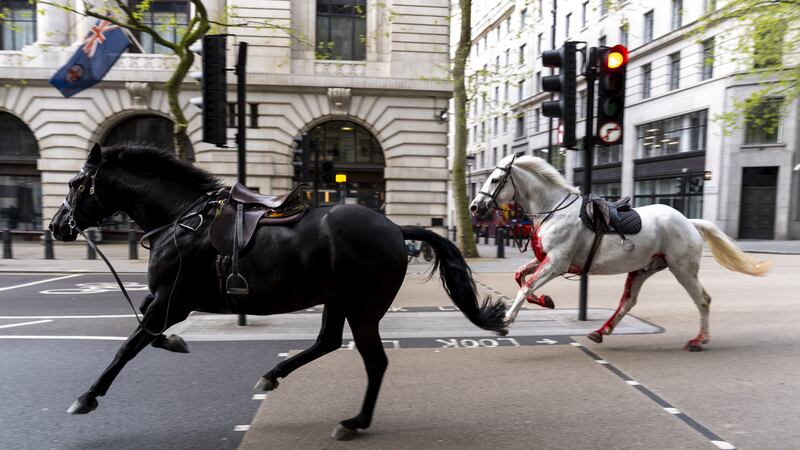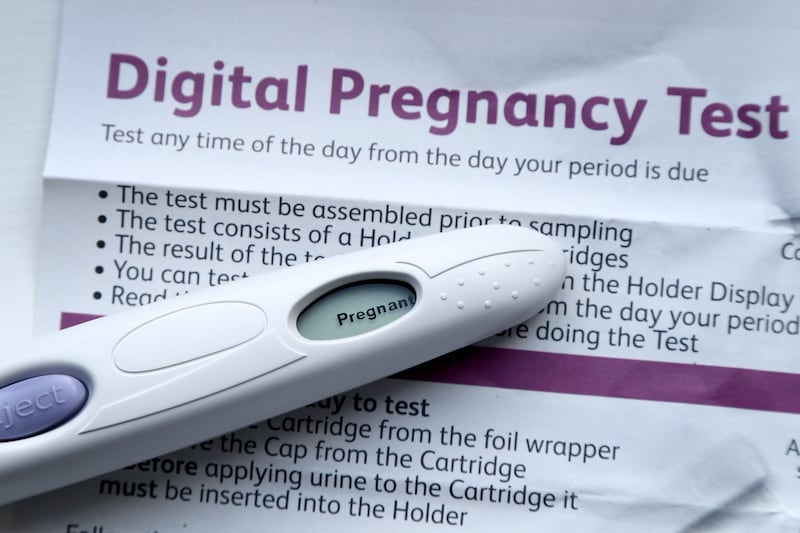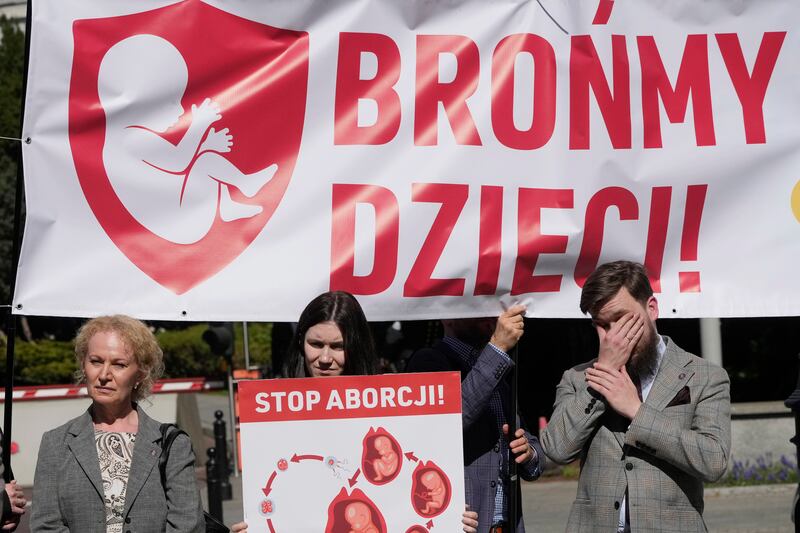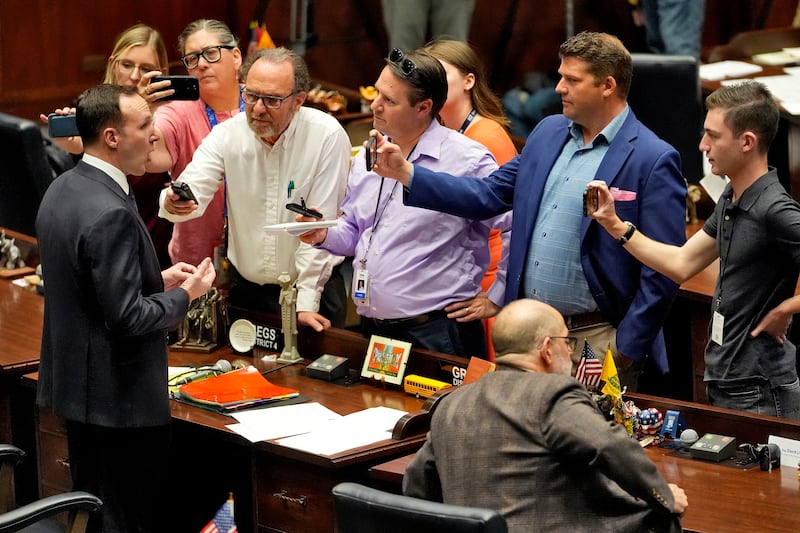MORE than hour after Mr Justice Mark Horner began to read out his judgment on Northern Ireland's abortion laws, he was still talking.
A meaningful ruling on a judicial challenge to two acts dating back to 1861 and 1945 was never going to be a quick `in and out' job.
And the 90-minute delivery was nothing if not painstaking.
Mr Justice Horner covered "the shabby treatment" of a teenage rape victim in Poland - and another poignant case in the same country which left the mother blind - as well as Irish moneylenders, Milton's Paradise Lost, Irish Times columnist Fintan O'Toole and the Cambridge Law Journal.
All the while, those who were seeking to extend the right of women to terminate their pregnancies under extreme circumstances without travelling to England sat cheek-by-jowl in the small wooden panelled court room with those bitterly opposed to such a change.
For much of the time it seemed as if the judge was laying the ground to find in favour of the Northern Ireland Human Rights Commission, who were taking the case with the support of Amnesty International, family planning groups.
However, every so often the ruling seemed to swerve in the other direction - such as when he pointed out that "calling for no discrimination" against children born "suffering from disabilities such as Down’s Syndrome or spina bifida... but then, permitting selective abortion so as to prevent those children with such disabilities being born in the first place... smacks of eugenics".
In the end, he did move inexorably towards his conclusion - that the fact that "if it is morally wrong to abort a foetus in Northern Ireland, it is just as wrong morally to abort the same foetus in England".
He pointed out "the protection of morals should not contemplate a restriction that bites on the impoverished but not the wealthy".
So, while serious malformation of the foetus "remains a highly contentious issue about which medical practitioners cannot agree", he finally concluded "failure to provide exceptions to the law prohibiting abortion" in cases of fatal foetal abnormalities and pregnancies due to sexual crime "up to the date when the foetus becomes capable of an existence independent of the mother" is against the mother's human rights.
There was neither immediate triumph nor outrage from the public benches, simply silence as each side retreated to huddles with their legal teams to try to grasp the ramifications of this landmark ruling, before drifting out into the imposing marble hallway.
Those who had opposed the case, including Precious Life's Bernadette Smyth, swept out of the gates of the High Court, stony-faced and brisk to confront the waiting press.
Inside, a woman sobbed in the arms of a midwife.
Known only as AT, she was one of two women who had shared her ordeal of carrying to full term a child who she knew was incapable of surviving independently outside her womb.
The other, Sarah Ewart, was unable to be in court, but her mother Jane Christie, also weeping tears of joy, said it was an important day.
"I just needed to hear him utter the words that he was going to help," she said.
"The last two years have been horrendous."








